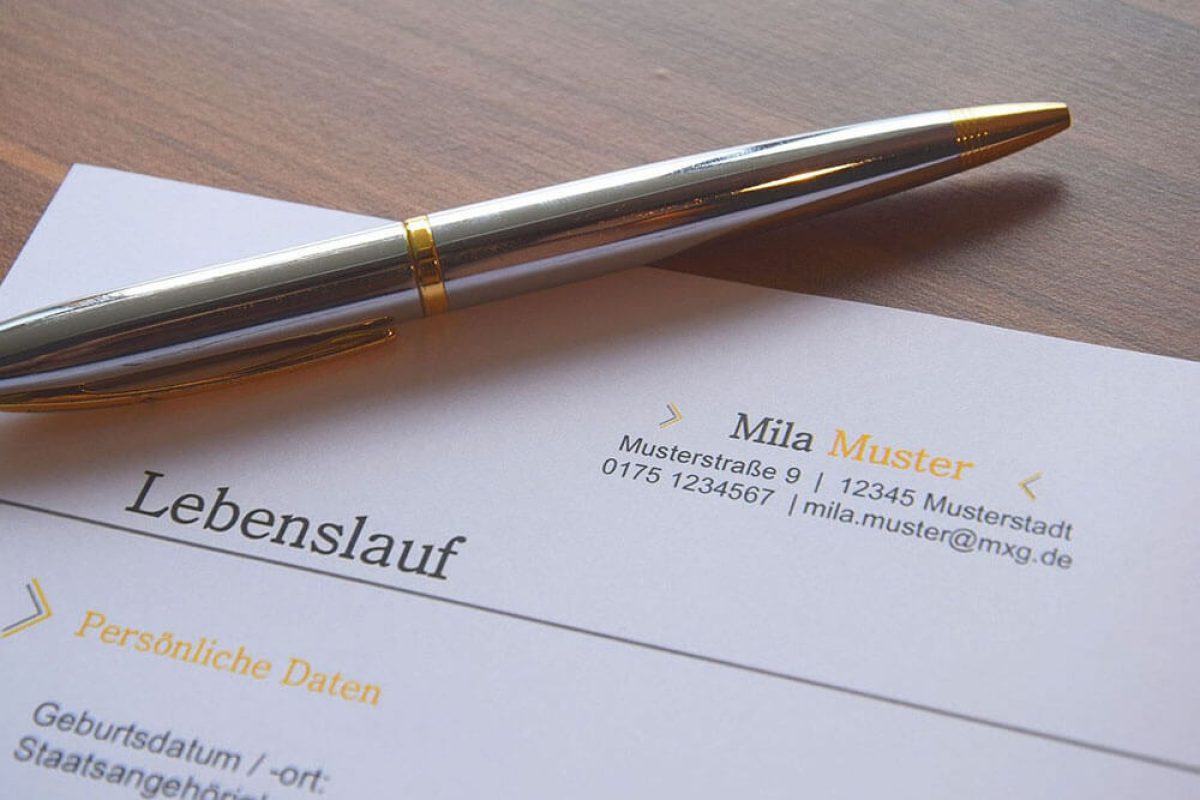
Welcome to the world of job hunting, where first impressions can make or break your chances of landing that dream position. As you embark on this journey, armed with a polished resume and an air of confidence, there’s one crucial element that should never be overlooked: the objective on resume writing brisbane. This seemingly small section at the top of your document holds immense power in capturing the attention of potential employers and showcasing your value as a candidate.
An objective or summary for resume serves as your introduction to potential employers. It is a concise statement that highlights your career goals and what you can bring to the table in terms of skills, experience and qualifications. The primary purpose of a resume objective is to grab the attention of hiring managers and make them want to continue reading your resume.
By including an objective at the top of your resume, you are signalling to recruiters that you have a clear direction and purpose in mind for your career. It shows that you have taken the time to tailor your application specifically for their company or industry.
A well-crafted resume objective should be targeted and specific. It should align with the job description and demonstrate how you can contribute value to the organisation. This means avoiding generic statements like “seeking a challenging position” or “looking for growth opportunities.” Instead, focus on showcasing your relevant skills and experiences that directly relate to the role you are applying for.
Additionally, a strong resume objective can help set you apart from other candidates who may have similar backgrounds or qualifications. It allows you to stand out by highlighting unique attributes or achievements that make you an ideal fit for the position.
Remember, though: brevity is key when it comes to writing an objective on resume. Keep it concise, clear and impactful—no more than two or three sentences long. A well-written objective will leave employers intrigued and eager to learn more about what makes you an exceptional candidate.
When it comes to crafting an effective objective or summary for a resume, there are a few key things to keep in mind. First and foremost, your objective should be concise. Avoid vague statements that could apply to any job seeker. Instead, focus on highlighting your unique skills and qualifications that make you the perfect fit for the position you’re applying for.
By following these tips and guidelines, you’ll be well on your way to creating an impressive objective or summary for resume that sets you apart from other candidates!
Crafting an effective resume objective is crucial for catching the attention of potential employers. However, there are some common mistakes that job seekers often make when writing their resume objectives. By being aware of these pitfalls, you can ensure that your resume stands out for all the right reasons.
By avoiding these common mistakes, you’ll be well on your way to crafting an impressive resume objective that grabs recruiters’ attention from the get-go!
When it comes to writing resume objectives, some examples stand out as strong and others that fall short. Let’s take a look at some examples of both.
Weak Objective: “Looking for a job in marketing where I can grow my skills.”
This objective is vague and doesn’t provide any specific information about the candidate’s goals or qualifications. It also doesn’t address what they can bring to the table.
Strong Objective: “Results-driven marketing professional with 5 years of experience seeking a position in digital marketing. Skilled in developing targeted campaigns, analysing data and optimising performance to drive ROI.”
This objective is much more specific and highlights the candidate’s relevant experience and skills. It shows their understanding of digital marketing and their ability to drive results.
Weak Objective: “Seeking an entry-level position in finance.”
While this objective may be honest, it lacks details about the candidate’s qualifications or career goals. Employers are looking for candidates who demonstrate ambition and focus.
Strong Objective: “Motivated finance graduate with a strong foundation in financial analysis seeking an entry-level role at a reputable financial institution. Proficient in financial modelling, risk assessment and investment analysis.”
This objective clearly states the candidate’s educational background, relevant skills and desired career path. It shows their commitment to pursuing a career in finance.
Remember that your resume objective should be tailored to each specific job application you submit. Take time to research the company and its requirements so you can create an objective that aligns with their needs.
By crafting a strong objective on resume like these examples, you’ll greatly increase your chances of catching employers’ attention right from the start!
When it comes to your job search, the importance of an objective on resume cannot be underestimated. This powerful statement at the beginning of your the best resume writing services in Brisbane sets the tone for the rest of your application and helps you stand out from other candidates.
So go ahead—take some time to analyse job postings, reflect on your own qualifications and start crafting those killer resume objectives that will help you land that dream job!


Brisbane Resume Professionals Level 1, Suite 325 241 Adelaide Street Brisbane QLD 4000
Call us: 1300 174 435
Email us: [email protected]